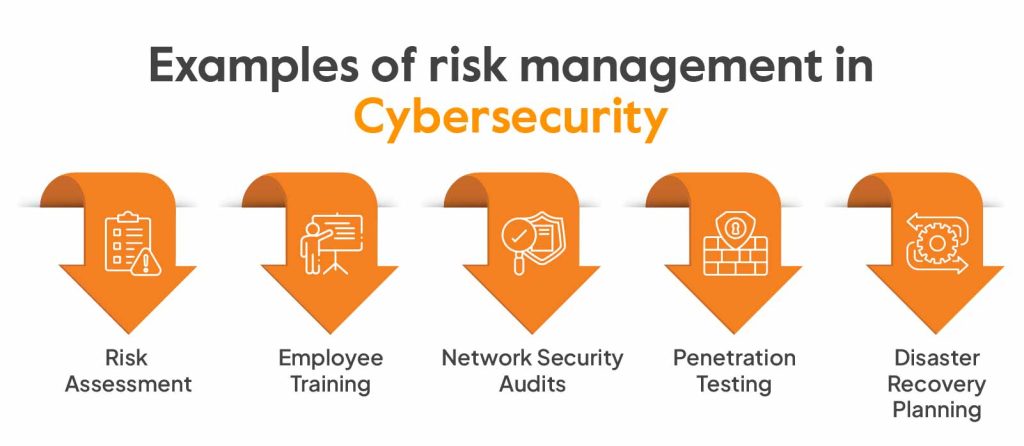
- DORA (Digital Operational Resilience Act) will take effect in January 2025. Financial entities must ensure resilience against cyber risks through ICT risk management, incident reporting, resilience testing, third-party risk management, and information sharing.
- On-demand Cyber Risk Quantification (CRQ) tools help organizations comply by translating cyber risks into financial terms, aiding decision-making, and optimizing ICT risk management strategies.
- CRQ platforms streamline DORA compliance by evaluating ICT vulnerabilities, setting risk tolerance levels, managing third-party risks, and offering a clear understanding of financial exposure.
The Digital Operational Resilience Act (DORA) is designed to protect the EU financial sector from operational disruptions caused by cyber risks. Compliance is required by January 2025, so financial institutions and related third-party vendors must adopt robust ICT risk management, incident reporting, resilience testing, and third-party oversight practices. These regulations add a layer of complexity, especially for organizations with limited resources.
Beyond the EU’s financial sector, DORA has the potential to influence other industries globally. Its comprehensive cybersecurity and operational resilience approach could become a model for non-financial sectors, such as healthcare, technology, and manufacturing, where data protection and operational continuity are equally critical. This regulation might inspire similar frameworks across industries worldwide.
It aims at strengthening the IT security of financial entities such as banks, insurance companies and investment firms and making sure that the financial sector in Europe is able to stay resilient in the event of a severe operational disruption.
DORA brings harmonisation of the rules relating to operational resilience for the financial sector applying to 20 different types of financial entities and ICT third-party service providers


Leave a Reply
You must be logged in to post a comment.